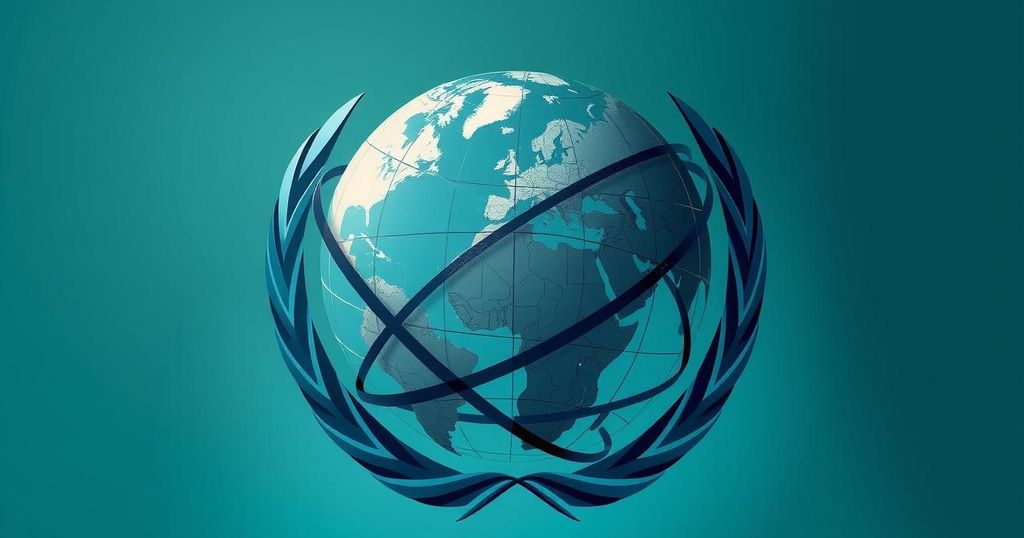World news
AFRICA, ASIA, BENJAMIN NETANYAHU, CEASEFIRE, CIVILIAN CASUALTIES, CONFLICT, DONALD J. TRUMP, EGYPT, GAZA, GAZA STRIP, HUSSEIN, ISRAEL, JORDAN, MIDDLE EAST CONFLICT, NORTH AMERICA, OVAL OFFICE, PHILIPPINES, THE TIMES, TIMES, TRUMP, U. S, U. S. HAS AUTHORITY, UNITED STATES, WAR, WHITE HOUSE, ZOLAN KANNO - YOUNG
Sofia Rodriguez
0 Comments
Trump Asserts U.S. Authority Over Gaza Amid Jordanian Consultation
President Trump has claimed that the U.S. can “take” Gaza and suggested resettling its Palestinians through Jordan and Egypt. His remarks came during a meeting with King Abdullah II of Jordan, who urged consultation with other Arab nations. The proposal, while echoed by Trump, remains controversial and has faced rejections from Jordan and Egypt previously.
In a recent Oval Office meeting with King Abdullah II of Jordan, President Donald Trump claimed that the United States possesses the authority to “take” Gaza. He expressed a vision of the U.S. assuming control over the war-torn region and suggested that neighboring countries, namely Jordan and Egypt, should facilitate the resettlement of the Palestinians currently residing there.
During a press encounter, Trump stated, “We will have Gaza. It’s a war-torn area. We’re going to take it. We’re going to hold it. We’re going to cherish it.” These remarks put pressure on King Abdullah, who was careful in his response, emphasizing the need for consultation with other Arab nations regarding the situation.
Though both Jordan and Egypt previously rejected Trump’s proposal, King Abdullah refrained from explicitly opposing the idea when pressed by reporters. Instead, he suggested that the two nations work collaboratively with other Arab states, including Egypt, on what would be a complicated geopolitical issue.
This interaction follows Trump’s prior declarations indicating his desire for U.S. control of Gaza. The implication of forcibly relocating approximately two million Palestinians raises significant humanitarian and diplomatic concerns, making the dialogue around Trump’s proposal sensitive and controversial.
In summary, President Trump’s assertion of U.S. authority over Gaza and the idea of resettling Palestinians has opened a contentious dialogue with significant geopolitical implications. While King Abdullah II has chosen to promote consultation with other Arab nations, the proposal continues to face strong resistance and highlights the complexity of regional politics. The situation remains delicate as both diplomatic and humanitarian perspectives must be navigated carefully.
Original Source: www.nytimes.com




Post Comment